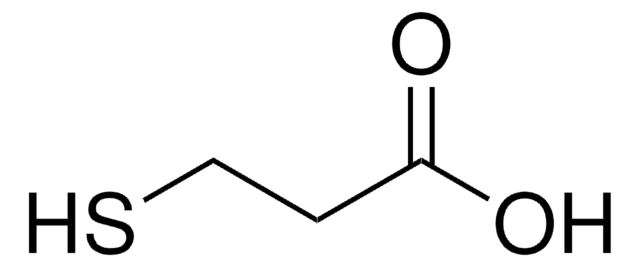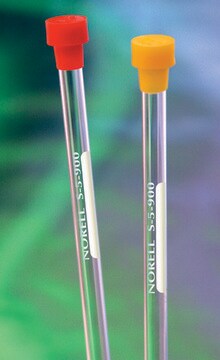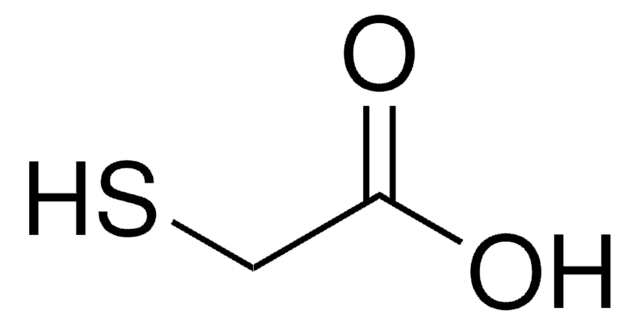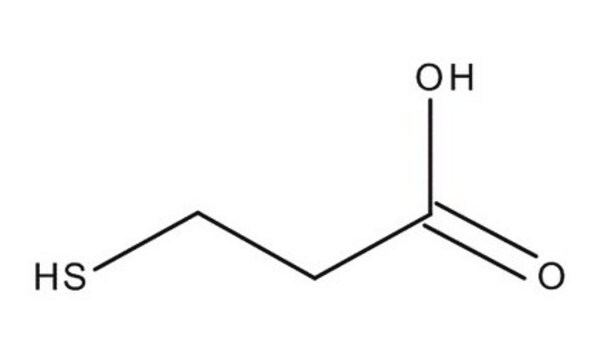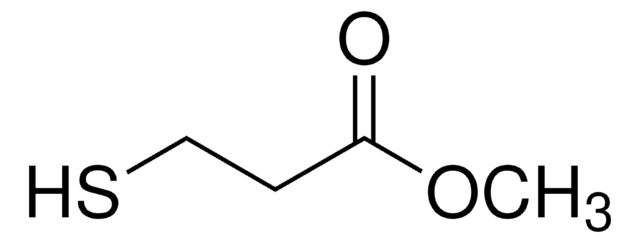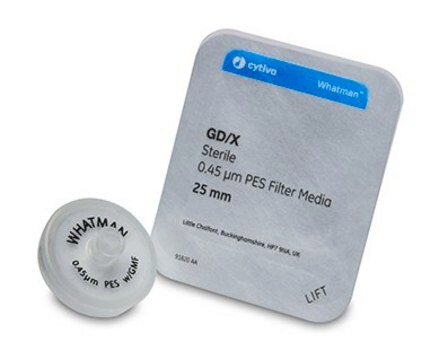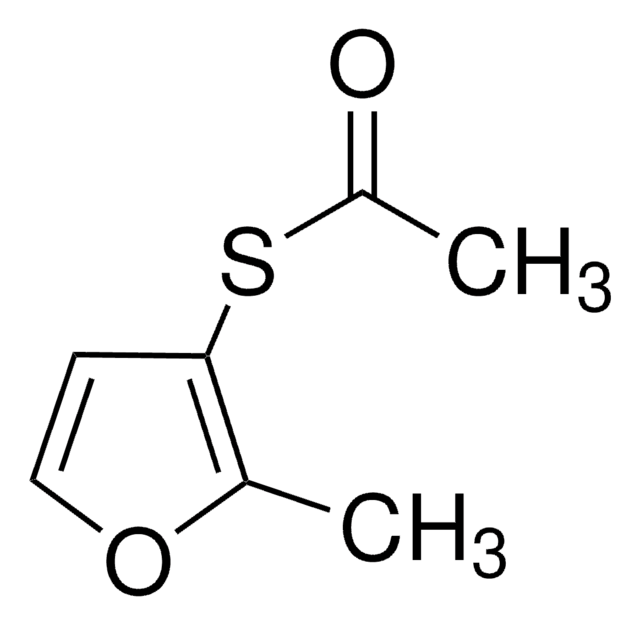W318000
2-Mercaptopropionic acid
≥95%, FG
Synonym(s):
Thiolactic acid, 2-Mercaptopropionic acid
About This Item
Recommended Products
biological source
synthetic
Quality Level
grade
FG
Fragrance grade
Halal
Kosher
Agency
follows IFRA guidelines
meets purity specifications of JECFA
reg. compliance
EU Regulation 1223/2009
EU Regulation 1334/2008 & 872/2012
Assay
≥95%
refractive index
n20/D 1.481 (lit.)
bp
102 °C/16 mmHg (lit.)
203-208 °C (lit.)
mp
10-14 °C (lit.)
density
1.196 g/mL at 25 °C (lit.)
application(s)
flavors and fragrances
Documentation
see Safety & Documentation for available documents
food allergen
no known allergens
fragrance allergen
no known allergens
Organoleptic
meaty; roasted; sulfurous
SMILES string
CC(S)C(O)=O
InChI
1S/C3H6O2S/c1-2(6)3(4)5/h2,6H,1H3,(H,4,5)
InChI key
PMNLUUOXGOOLSP-UHFFFAOYSA-N
Looking for similar products? Visit Product Comparison Guide
General description
Application
- Improving the Efficacy of ALA-Based Photodynamic Therapy: 2-MPA was used in the one-step aqueous synthesis of anionic and cationic AgInS2 quantum dots, demonstrating a significant enhancement in the therapeutic efficacy of aminolevulinic acid-based photodynamic cancer therapy (Hashemkhani et al., 2022).
- Fabrication of Hierarchical Core-Shell Heteroarchitectures: 2-MPA facilitates the assembly of Au@ZnO heterostructures for photocatalytic applications, underscoring its pivotal role in the synthesis of complex nanostructured materials (Pączkowski & Gawdzik, 2021).
- Investigating Genotoxic and Apoptotic Pathways: This study uses 2-MPA coated silver sulfide quantum dots to explore their effects on genotoxic and apoptotic pathways in vitro, providing insights into the biocompatibility and safety profile of these nanomaterials (Ozkan Vardar et al., 2018).
Signal Word
Danger
Hazard Statements
Precautionary Statements
Hazard Classifications
Skin Corr. 1B
Storage Class Code
6.1A - Combustible acute toxic Cat. 1 and 2 / very toxic hazardous materials
WGK
WGK 1
Flash Point(F)
190.4 °F - closed cup
Flash Point(C)
88 °C - closed cup
Personal Protective Equipment
Certificates of Analysis (COA)
Search for Certificates of Analysis (COA) by entering the products Lot/Batch Number. Lot and Batch Numbers can be found on a product’s label following the words ‘Lot’ or ‘Batch’.
Already Own This Product?
Find documentation for the products that you have recently purchased in the Document Library.
Customers Also Viewed
Our team of scientists has experience in all areas of research including Life Science, Material Science, Chemical Synthesis, Chromatography, Analytical and many others.
Contact Technical Service
